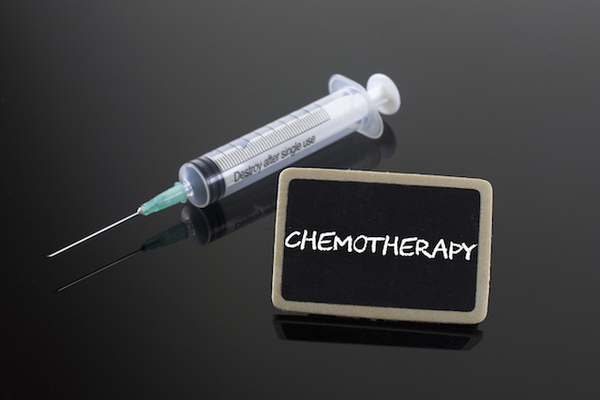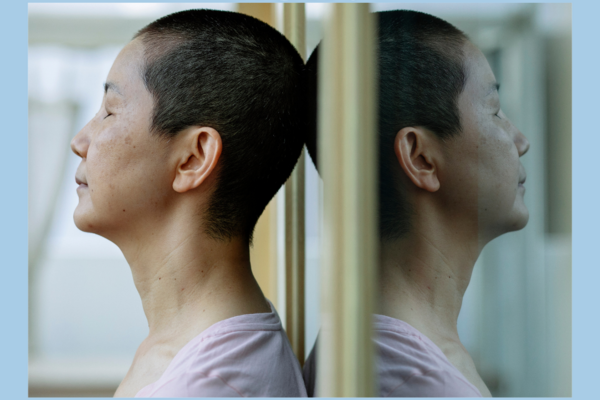Chemotherapy (chemo/CTX or CTx) is a category of cancer treatment that uses one or more anti-cancer drugs (chemotherapeutic agents) as part of a standardized chemotherapy regimen.
Chemotherapy may be given with a curative intent, or it may aim to prolong life or reduce symptoms.
The efficacy of chemotherapy depends on the type of cancer and the stage. The overall effectiveness ranges from being curative for some cancers to being ineffective in some brain tumours and needless in other cancers.
Most chemotherapy is delivered intravenously, but a number of agents can be administered orally.
There are a range of side-effect that depend on the type of medications used.
Immunosuppression and myelosuppression. Depression of the immune system.
Neutropenic enterocolitis. Life-threatening intestinal infection which may manifest itself through symptoms including nausea, vomiting, diarrhea, a distended abdomen, fever, chills or abdominal pain and tenderness. Successful treatment hinges in early diagnoses.
Gastrointestinal distress, malnutrition and dehydration.
Anemia.
Fatigue.
Nausea and vomiting.
Hair loss.
Secondary neoplasm.
Infertility.
Teratogenicity.
Peripheral neuropathy. Pain, tingling, numbness and sensitivity to the cold, beginning in the hands and feet, sometimes progressing to the arms and legs.
Cognitive impairment. Inability to concentrate, chemo brain.
Tumor lysis syndrome.
Organ damage.
Red skin, dry skin, damaged fingernails, dry mouth, water retention, sexual impotence as well as allergic reactions.
Information summarised from Wikipedia
For more information see:









